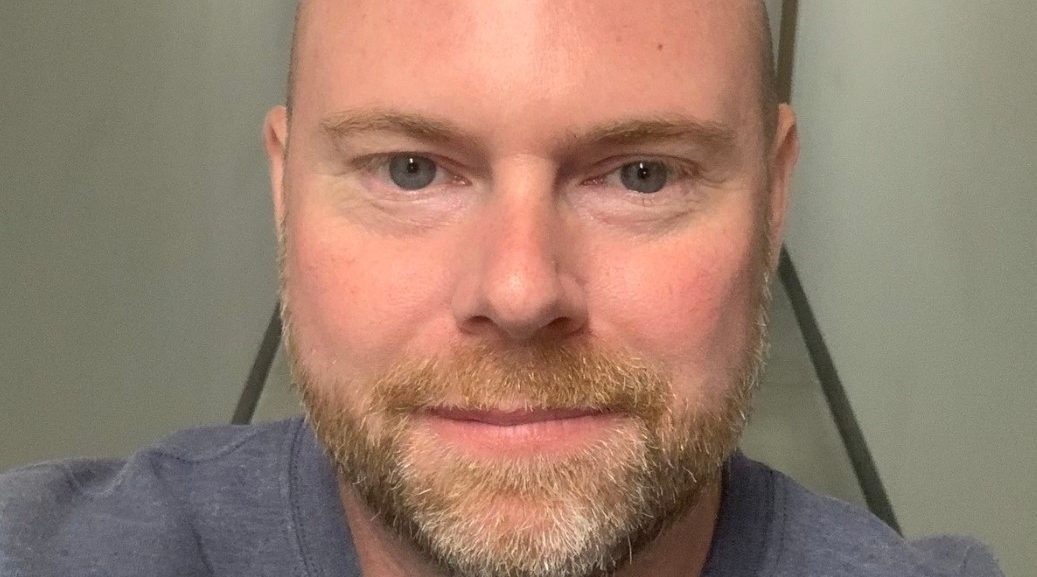Bryan Winquist is a seasoned environmental health and safety manager with a profound commitment to community service and sustainable living. His journey began with foundational studies in Biological Sciences at the University of Wisconsin, leading him to impactful roles as a firefighter and certified paramedic. Currently, Bryan serves as the Complex Safety Manager at Tyson Foods, where he plays a pivotal role in enhancing workplace safety protocols. Residing in Somerville, Tennessee, Bryan passionately manages Nubian Meadows Farm, engaging in sustainable agriculture and raising Angus cattle. A member of the National Fire Protection Association, Bryan is dedicated to lifelong learning and the implementation of best practices in environmental health and safety. His professional pursuits and personal endeavors are deeply interwoven, reflecting his dedication to safeguarding both community and environmental health.
How did you get started in this business?
I started my career focused on public service, initially as a firefighter and then as a paramedic. My interest in environmental health and safety really took shape while I was in these roles, witnessing firsthand the impact of having strong safety protocols and the consequences when they’re absent. That inspired me to pursue a career dedicated to improving safety standards, which led me to my current role as a Complex Safety Manager at Tyson Foods.
How do you make money?
I earn my living through my role at Tyson Foods, overseeing and managing our complex safety protocols. Additionally, my farm, Nubian Meadows, contributes not just to my personal fulfillment but also provides a supplementary income through the sale of crops and cattle.
How long did it take for you to become profitable?
The farm became modestly profitable after several years, which is typical in farming due to the upfront costs of land, equipment, and livestock. Professionally, my career became financially stable relatively early on, thanks to steady roles in public service and later in corporate safety management.
When you were starting out, was there ever a time you doubted it would work?
Certainly, there were doubts, especially with the farm. Agriculture is fraught with uncertainties—weather conditions, market prices, and so forth. There were times I wondered if the effort was worth the output, but my commitment to sustainable practices and love for the land kept me going.
How did you get your first customer?
For the farm, my first customers were local residents and small businesses looking for fresh, locally-sourced beef and produce. Word of mouth played a huge role, as did participating in local farmers’ markets and community events.
What is one marketing strategy that works well to generate new business?
Engaging directly with the community has been my most effective strategy. Hosting farm tours, attending local events, and maintaining an active presence on social media platforms where I share updates about the farm and safety tips have all helped in building a trusted local brand.
What is the toughest decision you’ve had to make in the last few months?
The toughest decision was how to safely continue operations at Tyson Foods during the COVID-19 pandemic while ensuring the health and safety of all employees. It required a delicate balance of implementing rigorous new safety protocols quickly while maintaining our operational capacity.
What do you think makes you successful?
I believe my success stems from a deep-seated commitment to the values instilled in me by my family—hard work, responsibility, and community service. These values have guided my decisions and actions throughout my career.
What has been your most satisfying moment in business?
A particularly satisfying moment was seeing a significant reduction in workplace incidents at Tyson Foods after implementing a new safety training program I developed. Knowing that our employees were going home safe each day was incredibly rewarding.
What does the future hold for your business?
For Tyson Foods, I see a future where continuous improvement in safety and sustainability practices plays a key role in our operations. For Nubian Meadows Farm, I aim to expand our sustainable practices and explore more direct-to-consumer options.
What business books have inspired you?
“The 7 Habits of Highly Effective People” by Stephen Covey has been incredibly influential for me. It’s not just a business book; it’s about personal development, which directly translates into professional effectiveness.
What advice would you give to your younger self?
I would tell my younger self to trust in the value of hard work and perseverance. I’d advise being patient, staying committed to your principles, and always being open to learning from every experience.
Are you willing to be a mentor?
I am very much open to mentoring. Sharing knowledge and guiding others in their career, especially in the fields of environmental health and safety or sustainable farming, is something I find both valuable and fulfilling.

